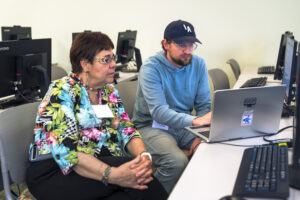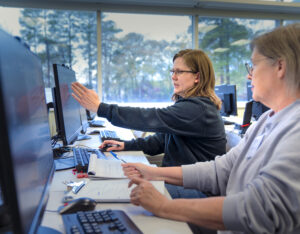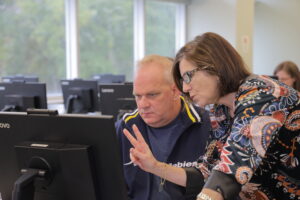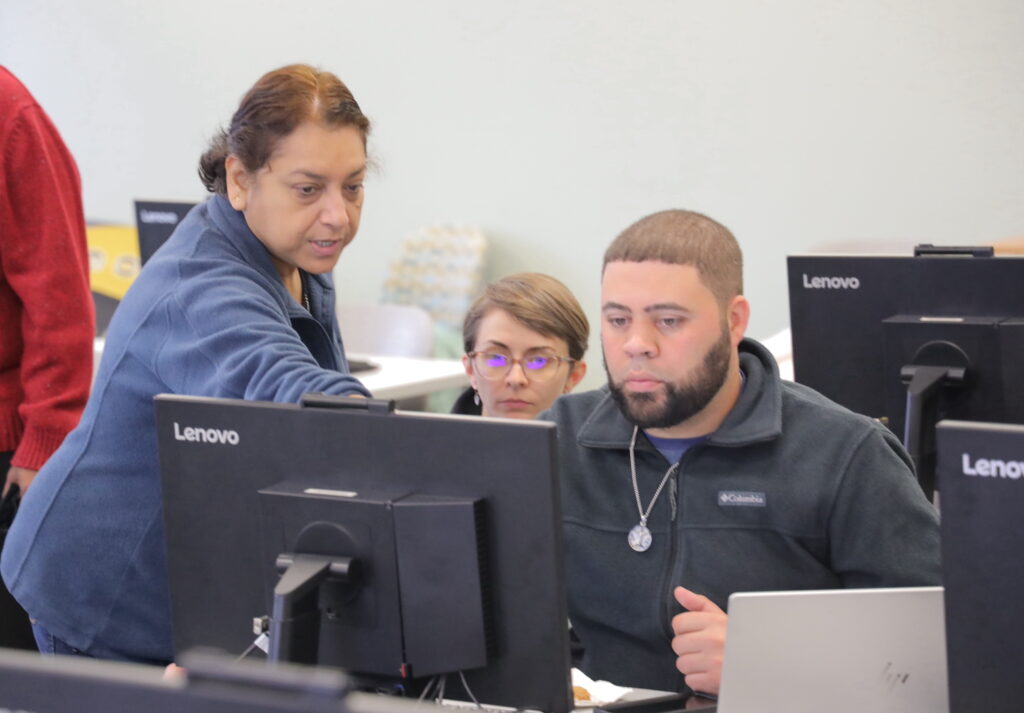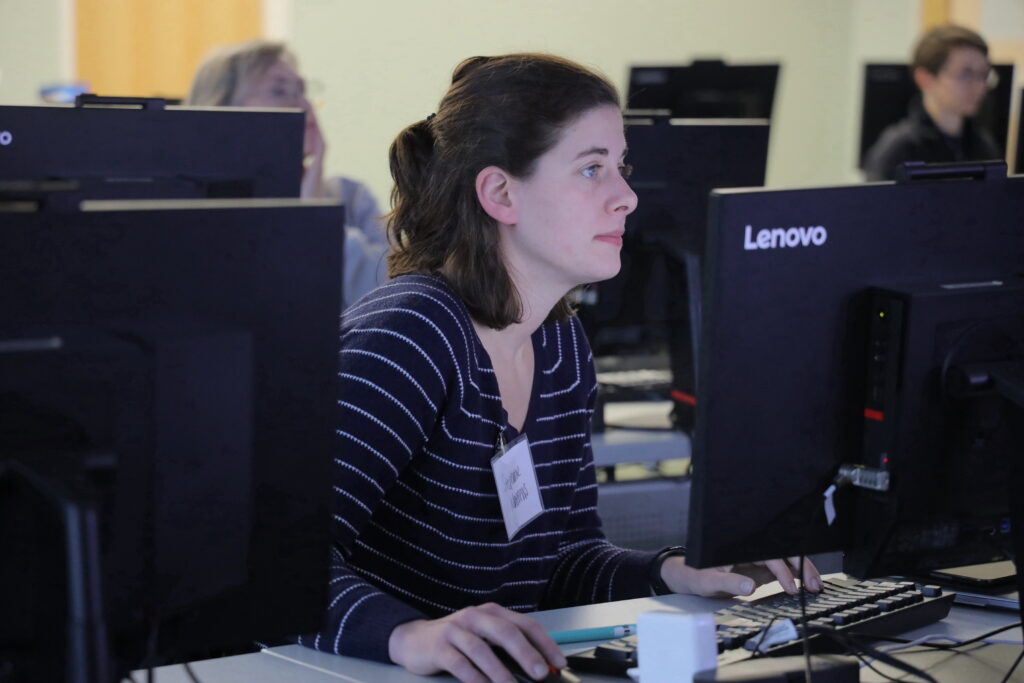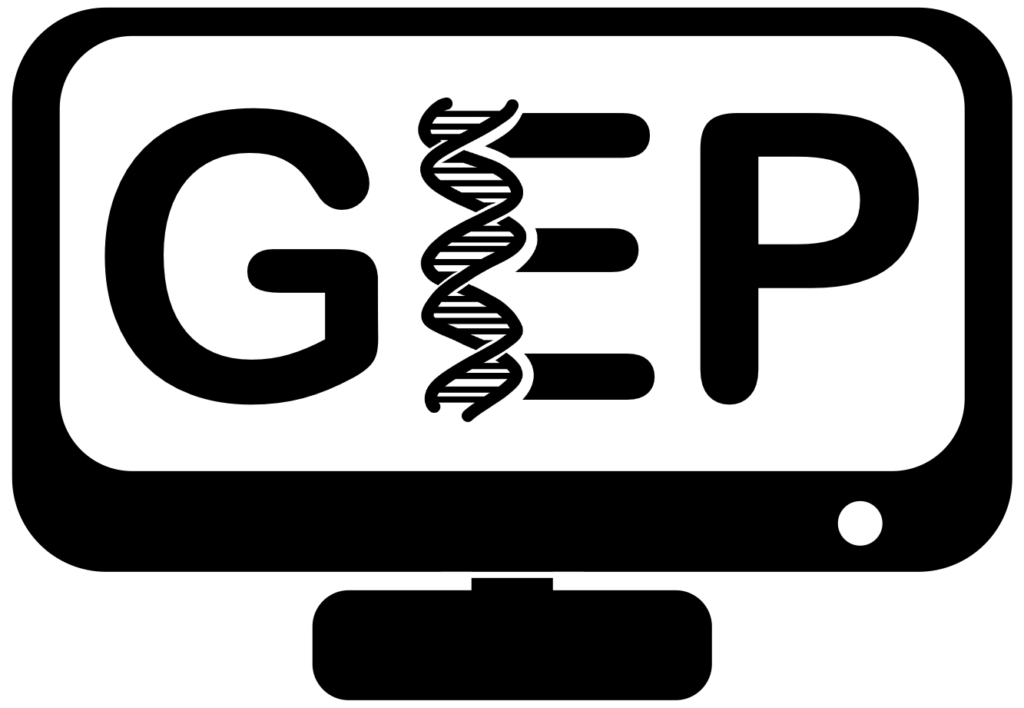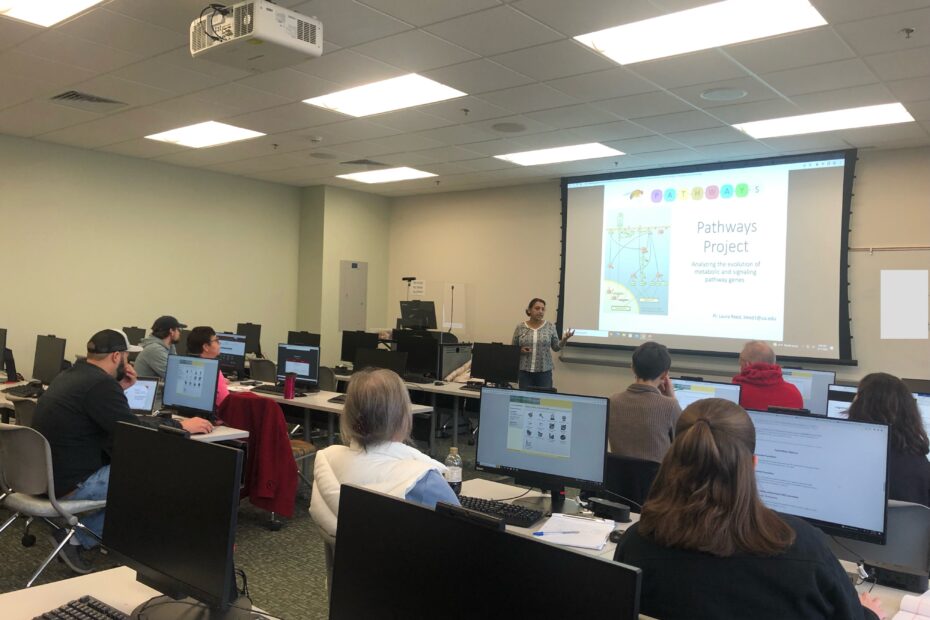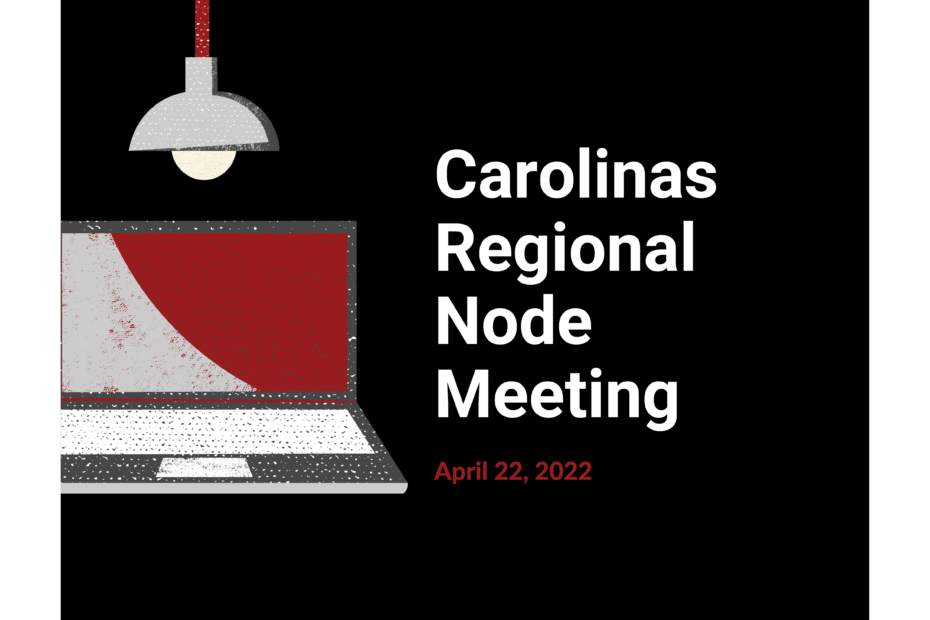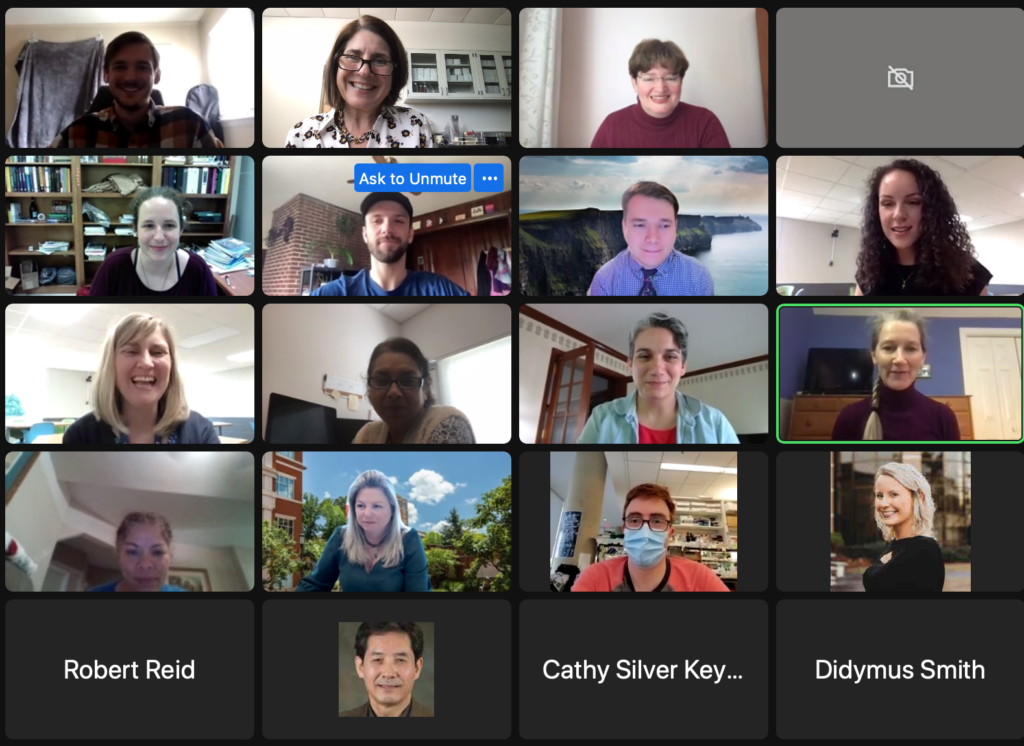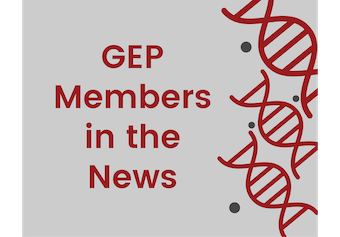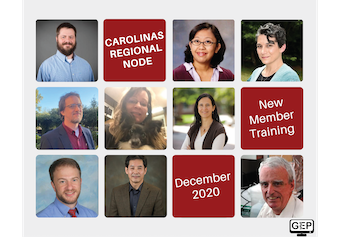Carolinas New Member Training December 2022
PEMBROKE, NC, DECEMBER 14-17, 2022.
The Carolinas Regional Node held a New Member Training event hosted by Dr. Maria “Marisol” S. Santisteban at the University of North Carolina (UNC) at Pembroke.
Trainers for the Carolinas Node’s first ever in-person (cheers!) New Member Training were GEP veterans Marisol Santisteban (UNC-Pembroke), Indi Bose (Western Carolina University), and Vida Mingo (Columbia College). The eight trainees were from Richmond Community College, Gardner-Webb University (2), Campbell University, North Carolina State University, UNC-Chapel Hill, and UNC-Pembroke (2). Having some of the trainees attend in pairs from the same institution provided natural partners that worked very efficiently during practice time and also helped one another during the training. They even started to solidify detailed plans for implementations during the training. Actually, all trainees planned to get something starting either in the Spring or Fall 2023 semester; many will start with one or a few independent research students to get the ball rolling and then implement in the classroom.
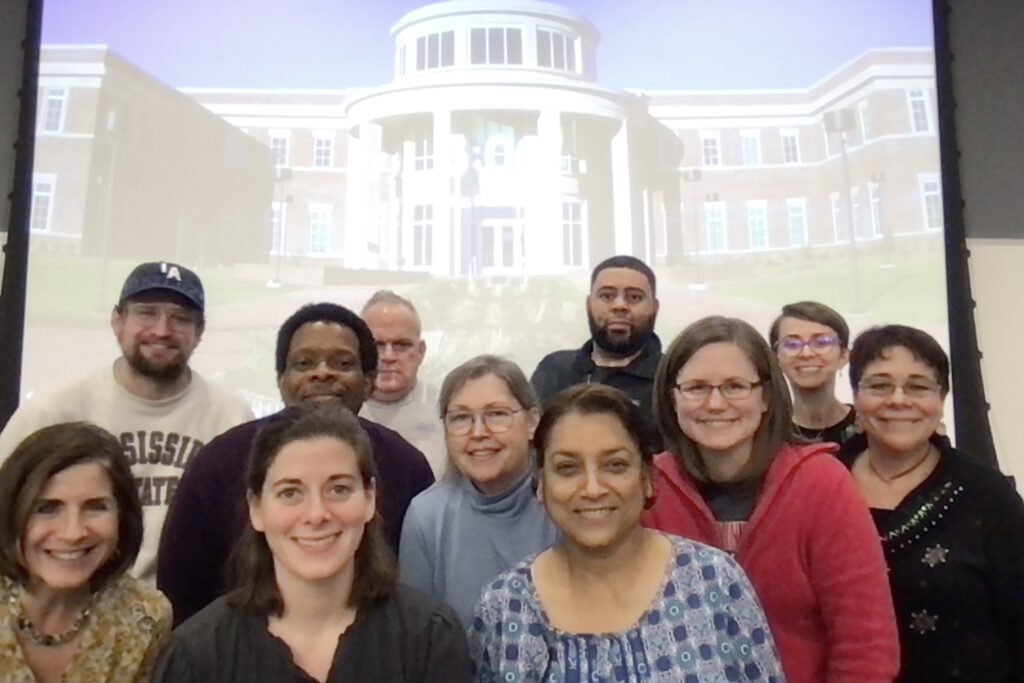
Middle Row Left to Right: Vida Mingo, Susan Manahan, Meredith Rowe, Maria J. Pereira
Front Row Left to Right: Marisol Santisteban, Stephanie Mathews, Indi Bose
The training followed closely the tried-and-true schedule and format of the 2.5-day training in St. Louis. Arriving on a Wednesday night, trainees enjoyed a superb dinner buffet in the elegant Chancellor’s dining room and started to get acquainted with one another. Then, they listened to a presentation to introduce the GEP. The next two and a half days they were hard at work in two different locations on campus, only five minutes from the hotel where they stayed. On Saturday morning after the distribution of credentials, post-event survey, and some more discussion on implementations, Indi gave a presentation on two of the projects her students had worked on that semester (it was not possible for us to have the student attend because the training happened at the beginning of winter break) and had very interesting findings that really grabbed the interest of the trainees. In the afternoon they left to go back home.
